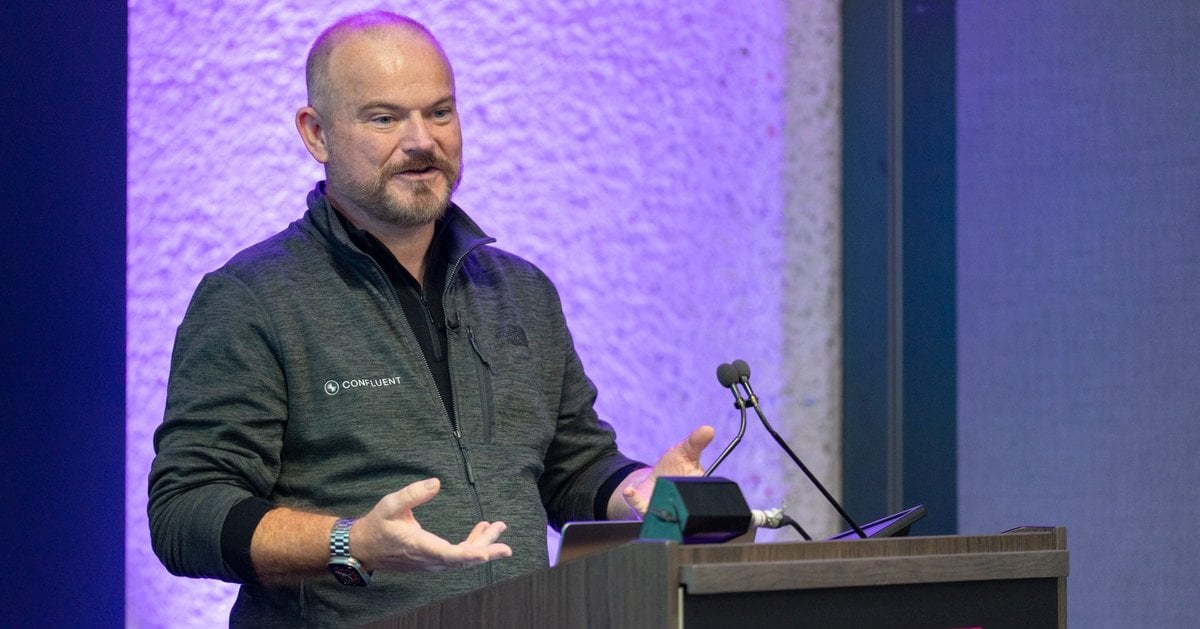Paymob, the digital payments provider for the Middle East and Africa, has secured a full operating licence from the Central Bank of the United Arab Emirates, enabling the company to play an important role in the country’s digitisation.
Although Paymob has operated in the UAE since 2022 with an in-principle licence, the Egypt-based payments provider anticipates that the full licence will unlock new opportunities for growth.
Speaking to The Fintech Times, Islam Shawky, co-founder and CEO of Paymob, explained that it sees obtaining the licence as a huge step towards helping it realise its ambitions; given that the UAE is the largest financial and trade hub of the entire Middle East.

“There are a lot of initiatives in the UAE aiming to boost entrepreneurship and to boost the digital economy,” Shawky explained. “From a government perspective, there’s a huge push and a lot of national initiatives and I feel we are very fortunate to get the license at this time. I feel that we’re on the verge of an inflection point of digitisation here that we want to be a part of.”
Having secured the operating licence, Paymob now has plans to further expand its team by onboarding at least 50 new employees in the coming months, with further ambitions to expand to over 100 in the next 12 to 18 months. This aggressive growth plan is supported by the company’s recent fundraising efforts, led by the European Bank for Reconstruction and Development (EBRD), as it anticipated securing the licence and recognised the need for a healthy balance sheet to allow Paymob to heavily invest in the UAE.
“Effectively we want to capture the UAE market,” Shawky adds. “In Egypt, we processed half a per cent of GDP last year. Because in the UAE, a much later portion of the economy is digitised, we feel that we can far surpass this – and in less time.”
Accessing instant settlement
Much of this expected growth comes from the standardised infrastructure across the UAE, which Paymob can now leverage to streamline the onboarding process for merchants. This enables it to offer its services quicker and more efficiently. Shawky says that this makes a significant difference to the company compared to the challenges it experiences in Egypt, where the same degree of infrastructure does not yet exist.
“In Egypt, we often encountered challenges with merchants that didn’t have the necessary documentation, like a commercial register or tax ID. In the UAE, the government systems are extremely connected and can be easily used to reduce the cost of onboarding, especially on the KYC component.”
Paymob also sees Aani, the UAE’s instant payment platform, as a key game-changer for merchants. With the full operating licence from the UAE Central Bank, it can interact with Aani – which overcomes a number of challenges traditionally associated with digital payments.
“With digital payments, we are always at a disadvantage to cash. Cash settles instantly, but card payments can experience delays at certain times, or on weekends or holidays. However, Aani gives us the same advantage that cash does – instant settlement. As a result, we’re very bullish about Aani and the prospects of it in the UAE.”
The post Paymob Secures Full UAE Licence: CEO Talks Digital Economy ‘Inflection Point’ and Payment Growth appeared first on The Fintech Times.



